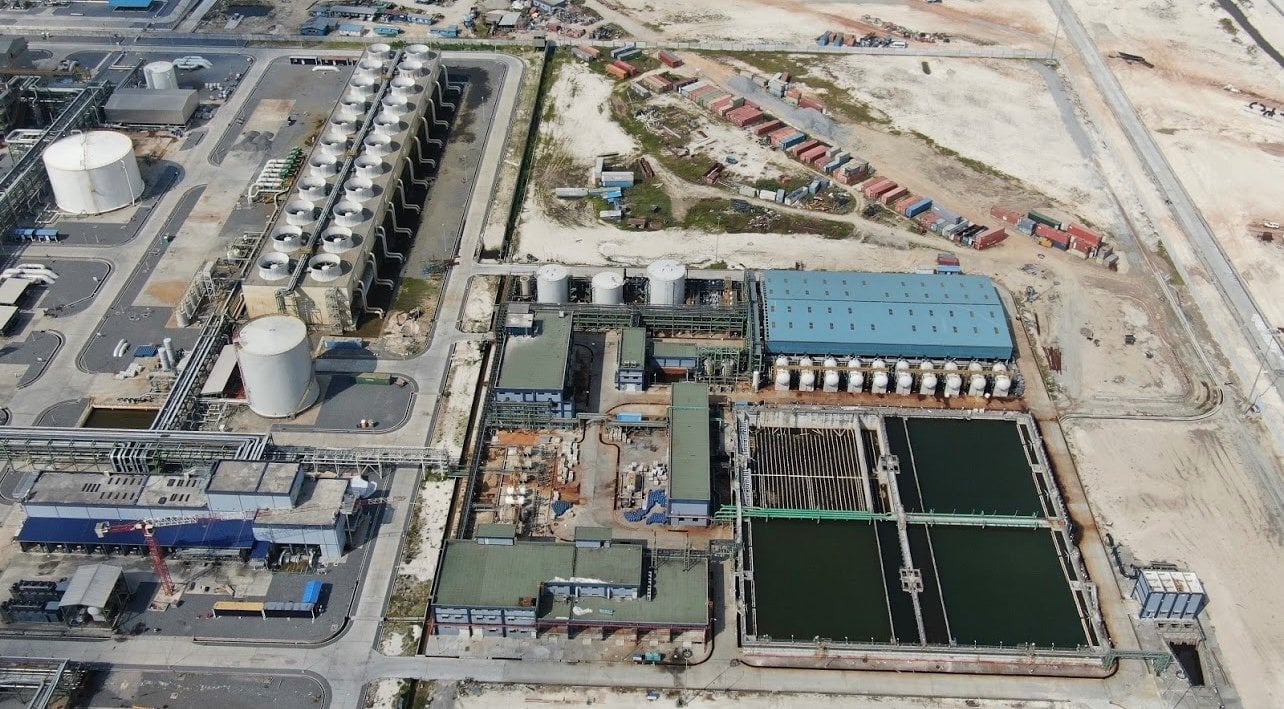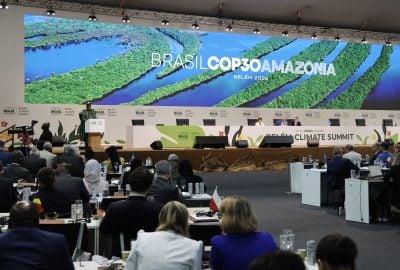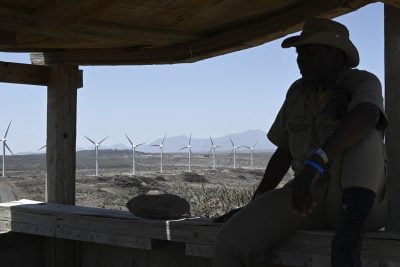What better time to launch a fertiliser plant than when global prices are at their record highs? That’s exactly what Aliko Dangote, Africa’s richest man, did.
On March 22, Dangote’s $2.5bn fertiliser plant in Nigeria’s economic capital, Lagos, started production. The 3m tonnes/year capacity will meet local demand of 1.5m tonnes/year and have a large surplus for export. Producing both urea and ammonia fertilisers, it’s the world’s third-biggest fertiliser plant and second-biggest producer of urea-based fertiliser.
Global fertiliser prices have been on the rise since 2020, surging as much as 70% in the past year. A big boost to the rising prices has been provided by Russia’s invasion of Ukraine, which has led to a spike in natural gas prices, the key feedstock for ammonia and urea-based fertilisers.
With both warring countries being major grain producers and exporters, global food markets have been hit hard by the extensive disruption which shows no signs of ceasing. As a result, food commodities are seeing their biggest price increases since 2008, according to the World Bank’s Commodities Outlook Report released on April 26. Fertiliser demand has jumped in other producer countries seeking to boost grains output to fill the gap in global supply.
“Commodity markets are under tremendous pressure, with some commodity prices reaching all-time highs in nominal terms,” John Baffes, a senior economist at the World Bank, said in the report. “The sharp rise in input prices, such as energy and fertilisers, could lead to a reduction in food production particularly in developing economies.”
While Dangote’s initial export targets were primarily Africa – the plant has the touted objective of making the continent self-sufficient in food production – current market realities mean there’s increasing demand from outside the continent. Orders have come from far flung places in the US, Brazil, Mexico, India and the EU.
“The export market is the seller’s market,” Dangote enthused at the plant’s launch. “People are begging us to sell, and we’re choosy about who we sell to.”
Making the most of Nigeria’s resources
Construction of the fertiliser plant, which sits on 500 hectares of land in the Lekki Free Trade Zone of Lagos, started in 2014. It was a twin project with the Dangote crude oil refinery, which is set to start production in the third quarter of this year after repeated delays.
Reputed to be one of the world’s biggest refineries, the IMF in a February report estimated that it would produce 50,000 barrels/day in 2022 and hit 300,000/day by 2026. Once operational, the plant – which is 20% owned by the national oil company – is expected to radically reduce Nigeria’s $9.6bn annual expenditure on petrol subsidies.
Both are designed to make the most of Nigeria’s crude oil and natural gas reserves as well as exceed Nigeria’s domestic requirements of their outputs, helping the government resolve supply problems it’s been mired in for decades.
With the fertiliser facility, the Dangote group has a plan to expand in step with Nigeria’s fertiliser needs, estimated by the company to reach 5-7m tonnes a year in due course. Even in its very first outing, it has already exceeded the capacity of all previously existing fertiliser producers in the country combined.
These include Indorama’s Eleme Fertilizer and Chemicals Co.’s 1.4m tonnes/year facility, located near the southern oil-industry capital of Port Harcourt, and the 800,000 tonnes/year Notore Chemical Industries plant in the Onne Free Trade Zone, just outside the same city.
Dangote’s key industries strategy
Dangote’s investment in fertiliser production is in accord with his strategy of dominating crucial sectors of the economy which provide basic needs. His Dangote Cement is the biggest producer of the building material in Africa, while the Dangote Sugar Refinery, which has capacity for 1.44m tonnes/year, is a leader in the food industry, supplying both industrial and domestic users.
The Dangote Group is also active in automobiles production, salt refining, food seasoning manufacturing and the rice and wheat trades. Its relationships with successive governments also point to the awareness of the authorities of the group’s growing importance as a partner in achieving their own economic objectives.
President Muhammadu Buhari was at the official opening of the fertiliser plant to cut the tape, along with 18 of Nigeria’s 36 state governors, the central bank governor and several ministers. Their presence underlined the importance now attached to the billionaire’s business ventures by top officials from various tiers of government. Buhari said that the plant would create jobs and reduce poverty.
“In the agricultural sector, another focal point of our economic policy, we expect a boom as fertiliser is now readily available,” Buhari said. “We expect a rise of a new breed of agro-preneurs who will add value to farming and make the nation self-sufficient in food production.”
The company also outlined a plan that goes beyond mere manufacturing to offering extension services to farmers, including soil tests to determine the best blend of the inputs and their most effective application. The plan covers working with farmers associations, blending companies, development agencies, federal, state and local governments.
Some critics fear that the Dangote Group’s influence in key sectors of the economy could stifle future competition. Cheta Nwanze, senior research analyst at Lagos-based business advisory, SBM Intelligence, says that the government’s macroeconomic policies favour the group but do not “translate into cost-effective benefits for the rest of the nation.”
While the Dangote conglomerate’s strong positions and consistent profits have come from investments in production, giving it the powers to determine prices, critics have accused the firm of using its influence to suppress wages and gain favourable tax status from the government.
Dangote himself has tried to walk a fine line with successive governments, projecting himself as an ally of, rather than a threat to, their policies and programmes. With fortuitous international timing, his latest venture looks set to dovetail with the government’s export ambitions and give him a key role in another industry that will be crucial to Nigeria’s future.
Want to continue reading? Subscribe today.
You've read all your free articles for this month! Subscribe now to enjoy full access to our content.
Digital Monthly
£8.00 / month
Receive full unlimited access to our articles, opinions, podcasts and more.
Digital Yearly
£70.00 / year
Our best value offer - save £26 and gain access to all of our digital content for an entire year!
 Sign in with Google
Sign in with Google 



